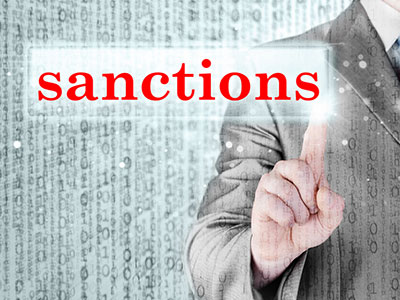The following blog post is courtesy of our sister blog, NorCal IP.
Usually, one benefit of being a plaintiff is deciding in what forum to pursue litigation. Generally, even a foreign-based plaintiff may pursue litigation in a U.S. forum where a defendant may be found or in which there is a substantial connection to the litigation. There are, however, limits on a plaintiff’s choice of forum, and a recent decision in Tapgerine LLC v. 50Mango, Inc. demonstrates that pushing those limits may result in sanctions.






